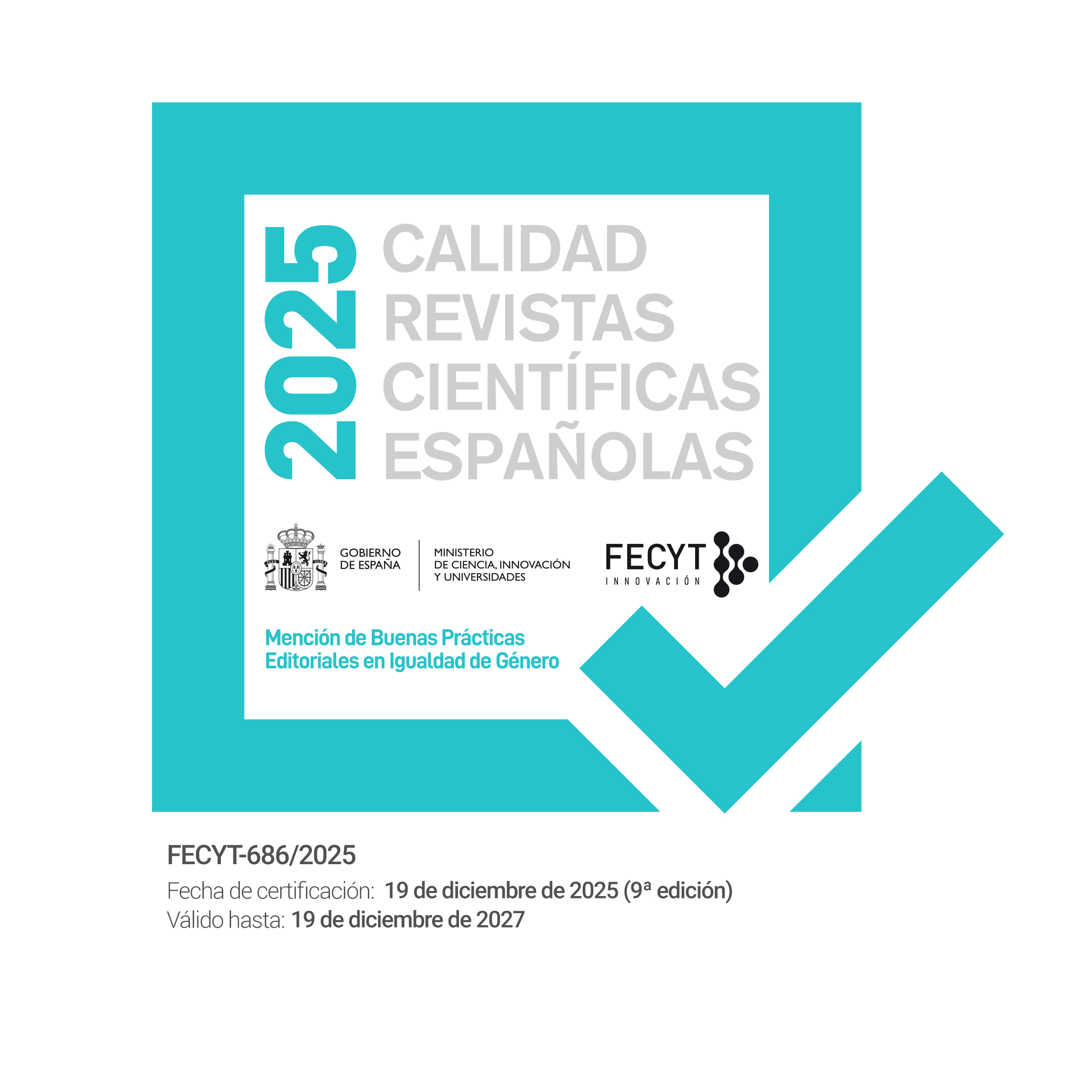Romanian children from inter-country adoption: Are they different from the rest?
DOI:
https://doi.org/10.55414/8s92rf31Abstract
The aim of this article is to compare the psychological development of Romanian children adopted into Spain with children from other countries, specifically, we are interested in studying the level of psychological problems in both samples. In addition, this paper analyse if Romanian adopted children have experienced more adverse events than other children that could be related to later developmental difficulties. The sample was composed by 181 adopted children into Spain, 20 from Romania and 161 from other ountries. Results reveal that below 6 years old, Romanian children present more serious problem that other adopted children, indicating a generalized developmental delay. This difference is not so high for the oldest children. We also have found that Romanian children have been living in low quality institutions, and that they had fewer experiences of living with their biological mothers. Moreover, data shows a slight tendency for Romanian children to be adopted later than children form other countries, and to present a longer experience of hospitalization and institutionalization. There are not significant differences between both samples regarding experience of maltreatment, but the kind of negligence experienced by both of them is different. Although Romanian children experiment more psychological negligence, the rest of the children experiment more physical negligence. In conclusion, it seems to be that the best predictor of difficulties for adoption is not an isolated factor, but a combination of different adverse experiences.Downloads
Download data is not yet available.
Downloads
Published
05/11/2004
Issue
Section
Research articles
License

This work is licensed under a Creative Commons Attribution-NonCommercial-NoDerivatives 4.0 International License.
How to Cite
Román Rodríguez, M. (2004). Romanian children from inter-country adoption: Are they different from the rest?. Apuntes De Psicología, 22(3), 391-402. https://doi.org/10.55414/8s92rf31



























